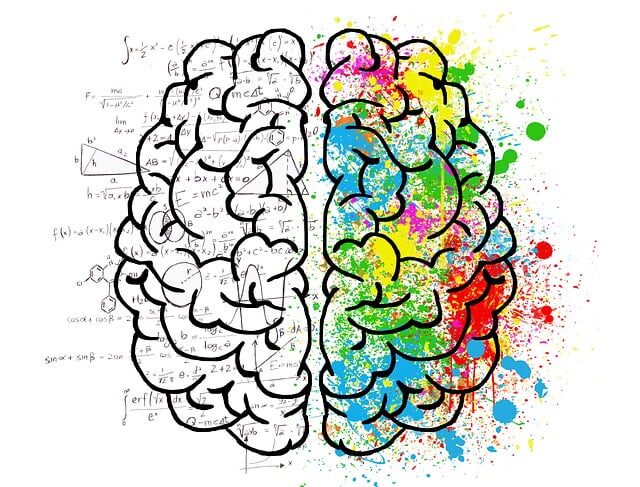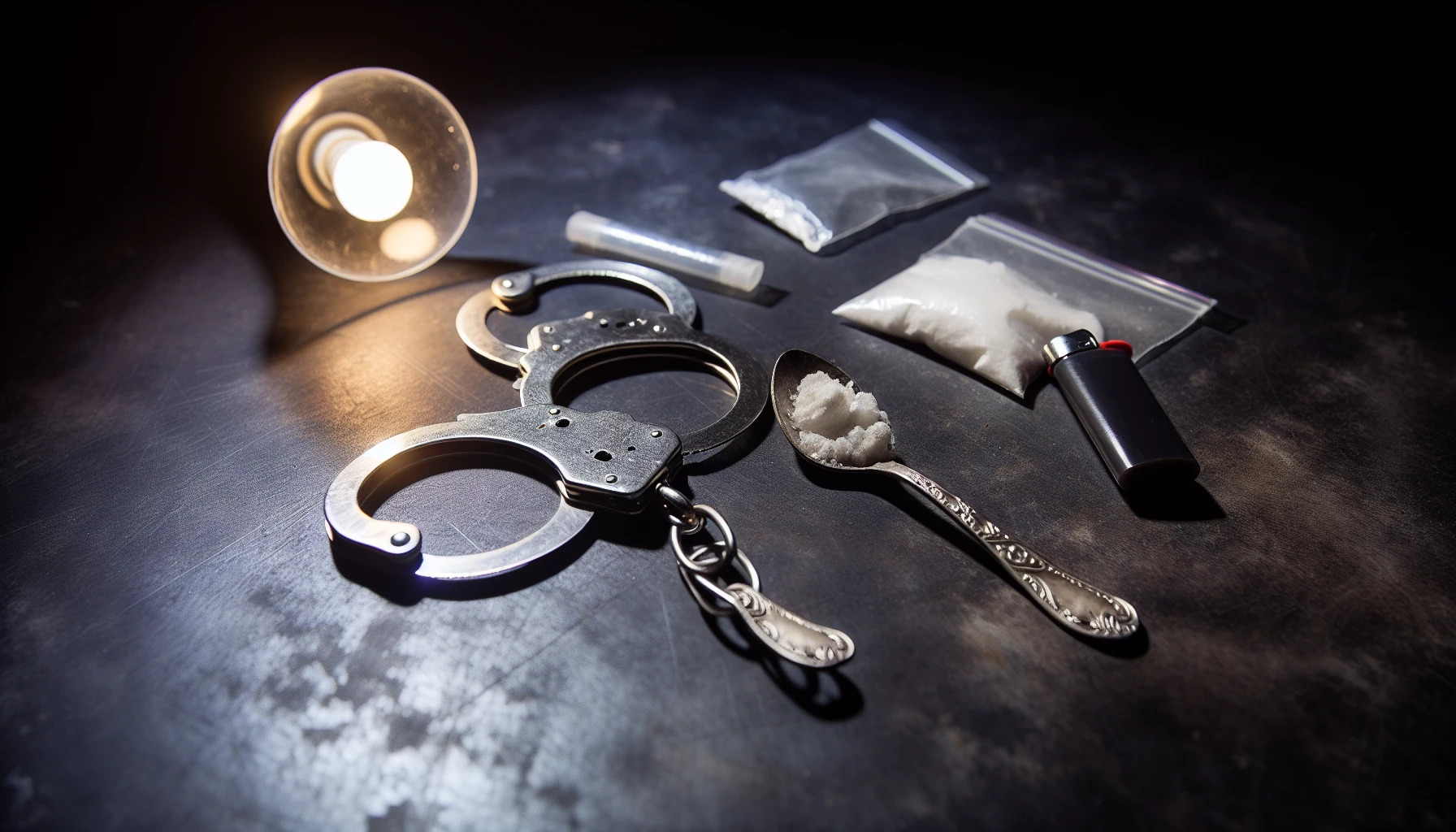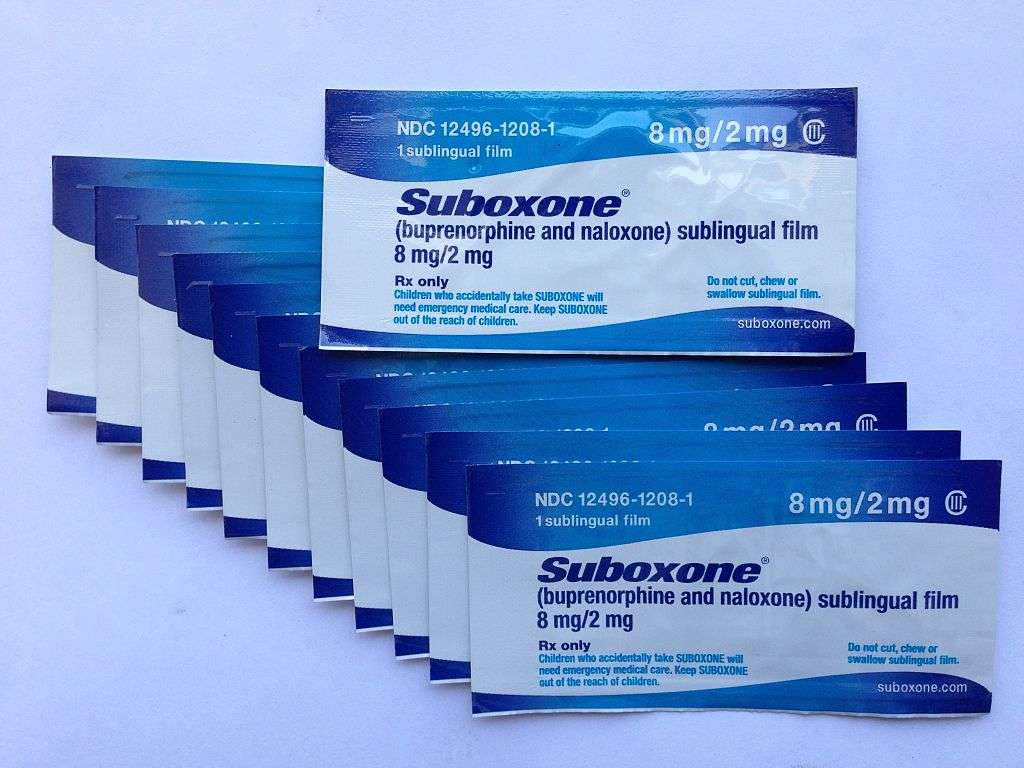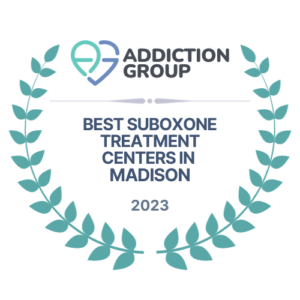Opioid addiction is a serious problem that affects millions.
This addiction changes the opioid receptors in a person’s brain, making it difficult for them to experience normal rewards and fulfilling life.
If you are discovering yourself experiencing any of these, please reach out to your medical professional.
These are the symptoms short and long term that will negatively impact someone’s life once addicted.
What is opioid addiction?
Opioid addiction is a growing problem in the United States. According to the National Institute on Drug Abuse, opioid addiction can lead to both physical and psychological consequences, such as opioid withdrawal symptoms and opioid overdose. You must be aware of these potential warning signs so you can get help for yourself or someone else who might be struggling with opioid addiction.
But what is it exactly?
Opioid addiction is a chronic, relapsing condition characterized by opioid seeking and use that continues despite the best efforts of those around them to stop opioid abuse.
A diagnosis of opioid addiction (DSM-IV) or opioid use disorder (DSM-V) is made when a patient meets certain criteria outlined in the Diagnostic and Statistical Manual for Mental Disorders (DSM-IV or DSM-V). With this manual as a guide, doctors can determine opioid addiction or opioid use disorder based on the presence of opioid-seeking behaviors and opioid tolerance.
Opioid addiction can be very difficult to diagnose because it often coexists with other psychiatric conditions like depression, bipolar disorder, or anxiety that may not have been diagnosed yet. In fact, up to 75 percent of opioid abusers also suffer from a mental health condition in addition to opioid addiction.
Signs and Symptoms of Opioid Addiction
There are many signs and symptoms of this type of addiction. Some of the most common opioid addiction symptoms are:
- increase in dosage usage, often without a prescription
- feelings of euphoria at first use, followed by compulsive opioid drug-seeking behavior. This can lead to serious legal problems or health issues when injecting heroin.
- opioid addicts may also experience withdrawal symptoms if they stop using opioids after regular use for a long period of time.
- opioid addicts may also experience cravings to use opioids, especially when they are in social situations that remind them of their opioid addiction. Other signs and symptoms include:
Potential Warning Signs of Opioid Addiction
Here are some of the main warning signs in their categories:
1. Physical
Many physical symptoms can occur. These include:
- Drowsiness or a lack of mental clarity.
- Constricted pupils.
- Droopy eyelids.
- Slowed breathing rate and/or low body temperature, clammy skin, pale face and lips which may turn blue from lack of oxygen (these can be signs that the opioid has interfered with the respiratory system, which is necessary for life).
- Pinpoint pupils (constricted pupils)
- Nausea or vomiting.
- Loss of appetite and weight loss because opioid drugs interfere with the digestive system to cause constipation in some cases.
- One thing to keep in mind with all of these above symptoms is opioid withdrawal is likely if opioid use has ceased. Therefore, opioid withdrawal could be the cause of these symptoms.
- Always seek help from your medical professional before doing anything drastic.
2. Psychological and Behavioral
Some common psychological and behavioral symptoms include:
- Feeling like they need to use opioids to function normally, such as going to work or taking care of children (also known as opioid cravings)
- Finding themselves unable to stop using opioid drugs even though it is causing problems at home, school/work
- Continuing opioid usage despite the problems it has caused in their family, such as domestic violence or child neglect
- Feeling like they need to use opioids to function normally (also known as opioid cravings)
- Finding themselves unable to stop using opioid drugs even though it is causing problems at home, school/work
- A craving need for continuing opioid usage
- If you are discovering yourself experiencing any of these, please reach out to your medical professional.
3. Long Term Health Consequences
Many never think about the long-term consequences of doing drugs. Especially opioids. There are many pitfalls of being addicted.
Those who become opioid-addicted often do not think that it is possible to be addicted. It can also take time for people to realize they need help, and when they finally understand the severity of their problem with opioid addiction, there are still long-term health consequences to consider.
A couple to consider are:
Brain damage: Opioid addiction changes the opioid receptors in a person’s brain, making it difficult for them to experience normal rewards
Chronic pain: Opioid use that leads to opioid addiction can cause chronic pain symptoms or worsen pre-existing ones. These include nausea and vomiting as well as respiratory problems such as shortness of breath and sleep apnea.
Sexual Dysfunction: opioid addiction leads to opioid-induced hypogonadism, which causes sexual dysfunction in both men and women.
Chronic illness: opioid use can cause or worsen existing chronic conditions such as liver disease, heart disease, lung disease, and diabetes.
How These Addictions Harm Loved Ones
When someone sets off on their journey with opioids, and they become addicted, intentional or not, it always harms the people they care about the most. Families are torn apart, relationships come to an end, and children grow up not knowing their parents.
Drug abuse never hurts only the user. There is always collateral damage.
Opioid Withdrawal Symptoms
By now you can see that opioid addiction is a serious problem that affects individuals all over the United States. If you think someone might be opioid-addicted, it’s important to know their withdrawal symptoms so you can get them to help immediately.
Some of the main withdrawal symptoms are:
- Restlessness
- Watery eyes
- Yawning constantly
- Muscle aches, including backache and stomach cramps
Signs of opioid overdose are also critical to know. A person who is opioid-addicted will usually be lethargic or “zombie like” when they have overdosed on opioids, but if you notice them being restless or fidgety, they are probably experiencing opioid withdrawal.
If you notice them sweating profusely or vomiting while being really hot and sweaty, it is a sign of opioid withdrawal. Although opioid addiction affects people in different ways depending on how long they have been opioid-addicted for, the symptoms tend to be similar across the board
Signs of an Opioid Overdose
Signs of opioid overdose are also critical to know. An opioid-addicted person will usually be lethargic or “zombie like” when they have opioid overdose symptoms, but if you notice them suddenly become much more animated, they might be in opioid withdrawal. If someone is unresponsive and not breathing normally or if you can’t wake them up after trying several times or they have pinpoint pupils, this could also indicate an opioid overdose.
If any of these situations come up, immediately call your local medical professional or emergency services (911) depending on the level of emergency.
How We Can Help
Our Clinic here at National Addiction Specialists is specifically suited to help those in need with their opioid addictions and symptoms.














